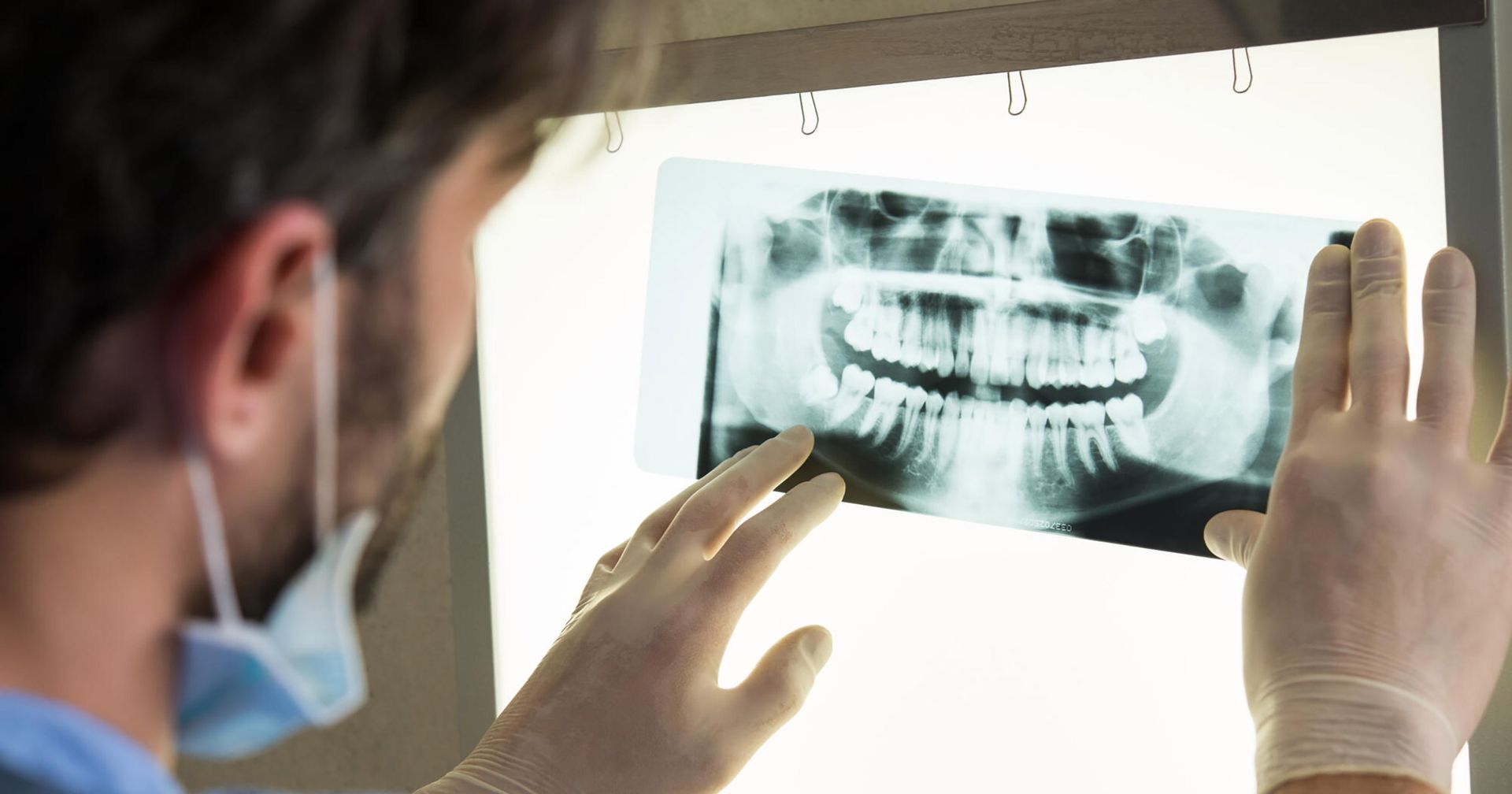552 Broadway, Suite 505
New York, New York 10012
The Benefits of Single Tooth Implants vs. Bridges
Learn why single tooth implants are superior to bridges for replacing missing teeth. Explore their benefits in durability, comfort, and overall oral health.
Did you know that, according to the American Academy of Prosthodontists, approximately 178 million Americans are missing at least one tooth? This common issue often leads individuals to consider dental restoration options like single-tooth implants or bridges.
Today, we're taking a closer look into the benefits of single tooth implants compared to bridges, focusing on aspects such as durability, comfort, and overall oral health.
Durability and Longevity
When choosing between single tooth implants and bridges, it is important to consider how long each option will last. There are three key factors that set implants apart from bridges in this area:
- Implants last longer than bridges
- Stronger materials improve implant durability
- Implants help prevent decay and damage to nearby teeth
Implants Last Longer Than Bridges
A well-placed single tooth implant can last a lifetime with proper care. The titanium post fuses with the jawbone, creating a strong foundation that does not wear down.
Bridges, on the other hand, usually last between 10 to 15 years before they need to be replaced. The supporting teeth that hold a bridge in place can weaken over time, leading to failure or the need for additional dental work.
Stronger Materials Improve Implant Durability
Titanium and high-quality ceramics give single-tooth implants their strength. These materials do not decay and are resistant to everyday wear.
Bridges rely on cemented connections, which can weaken due to biting pressure, grinding, or natural deterioration. The bonding materials that hold bridges in place may break down, causing the bridge to loosen or fail over time. Since implants are anchored into the bone, they are more stable and less likely to require repairs.
Single Tooth Implants Help Prevent Decay and Damage to Nearby Teeth
A single-tooth implant does not affect surrounding teeth, while a bridge requires modification to the neighboring teeth for support. The process of filing down healthy teeth to fit a bridge can weaken their structure and make them more prone to decay.
Over time, this increases the risk of cavities and additional dental procedures. Implants, by contrast, stand-alone and do not put extra stress on other teeth. It reduces the likelihood of future dental problems and helps maintain overall oral health.
Comfort and Functionality
Single-tooth implants and bridges each offer solutions, but implants provide a more stable and comfortable experience.
There are three main reasons for this:
- Implants feel more like natural teeth
- Bridges can cause discomfort and bite misalignment
- Implants make eating and speaking easier
Implants Feel More Like Natural Teeth
A single-tooth implant is designed to replace a missing tooth from root to crown. Since the titanium post fuses with the jawbone, it creates a secure and natural-feeling foundation.
The custom crown attached to the implant matches the shape and size of the surrounding teeth, making it blend in seamlessly.
Unlike a bridge, which rests on the gum line and depends on nearby teeth, an implant is anchored firmly in place. This prevents shifting and eliminates the foreign sensation that some people experience with bridges.
Bridges Can Cause Discomfort and Bite Misalignment
Bridges rely on neighboring teeth for support, which can lead to complications. Since the natural teeth must be reshaped to hold the bridge, they may become more sensitive.
Some patients experience soreness from the pressure that a bridge places on surrounding teeth. Over time, a poorly fitted bridge can cause bite issues, leading to jaw pain or uneven wear on other teeth. Implants, by contrast, do not require changes to existing teeth, making them a more comfortable long-term option.
Implants Make Eating and Speaking Easier
Eating with a single tooth implant feels no different from chewing with a natural tooth. Since the implant is anchored in the bone, it stays in place under pressure and does not interfere with the way the jaw functions.
Bridges, however, can shift slightly when chewing, especially as the cement holding them in place begins to weaken. Some people also find that bridges make it harder to pronounce certain words, especially if the bridge is not fitted correctly.
Bone and Gum Health
The long-term impact of tooth replacement on bone and gum health is one of the biggest differences between single tooth implants and bridges. There are three key factors that set implants apart in this area:
- Implants help prevent bone loss
- Bridges can create a higher risk of gum disease
- Implants provide better long-term oral health support
Implants Help Prevent Bone Loss
A single tooth implant is embedded directly into the jawbone, acting as an artificial root. The placement stimulates the bone, just like a natural tooth, helping to prevent bone loss.
When a tooth is missing, the bone in that area can begin to shrink from lack of use. Bridges do not provide the same stimulation since they sit above the gums and do not interact with the jawbone. Over time, this can cause bone deterioration, leading to changes in facial structure and a weaker foundation for surrounding teeth.
Bridges Can Create a Higher Risk of Gum Disease
Bridges connect to adjacent teeth, creating small gaps where bacteria and plaque can collect. Cleaning around a bridge requires extra effort, and if plaque builds up, it can lead to gum inflammation or infection.
Since an implant is a standalone tooth replacement, it is easier to clean. Flossing and brushing around an implant is just like caring for a natural tooth, which helps reduce the risk of gum disease.
Implants Provide Better Long-Term Oral Health Support
A single tooth implant protects overall oral health by preserving both bone and gum stability. Since it does not rely on other teeth for support, there is no added pressure on nearby teeth.
This helps prevent shifting, misalignment, and further tooth loss. Bridges, on the other hand, require healthy teeth to be altered, which can weaken them over time.
Oral Health Solutions: Implants vs. Bridges
When comparing single tooth implants and bridges, implants offer better durability, comfort, and long-term oral health benefits.
At SoHo Dental Group, we provide top-quality dental care in NYC, helping patients achieve healthy, confident smiles. Our team is committed to personalized treatment and the highest standards of care. From Invisalign®, and cosmetic dentistry to dental implants, we offer expert solutions for long-lasting oral health.
Get in touch today to find out how we can help with
your dental care!
Our Primary Service Areas
Content reviewed by the
Home / Meet the Doctors / Services / New Patients / Reviews / Contact
516-701-2062
All Rights Reserved | SoHo Dental Group


